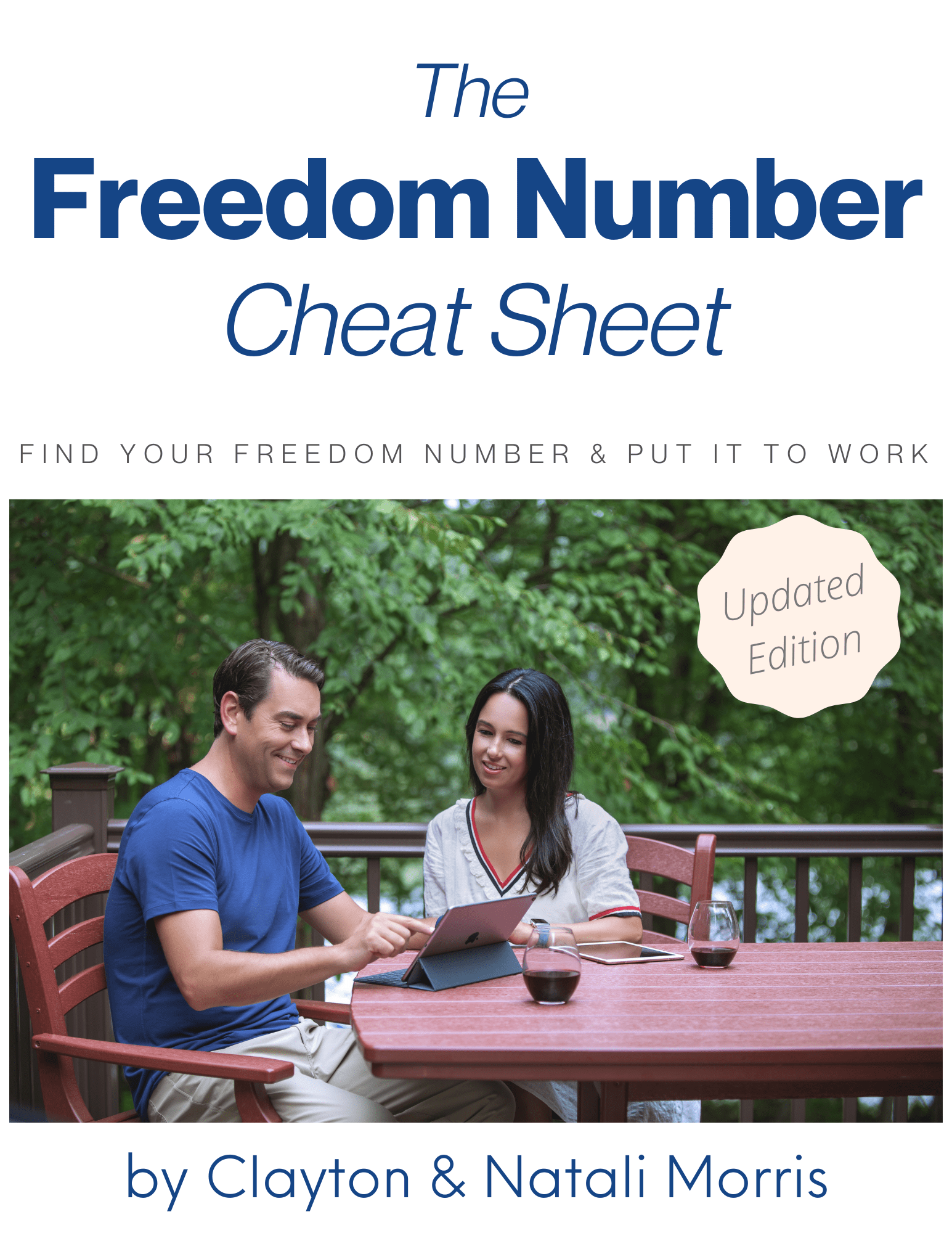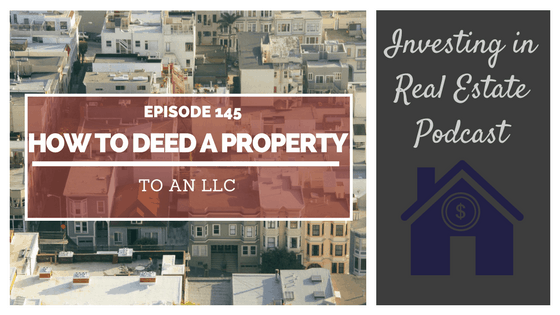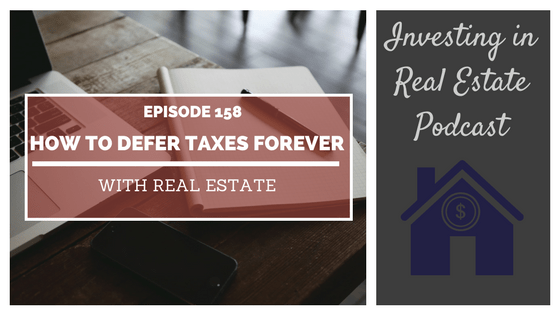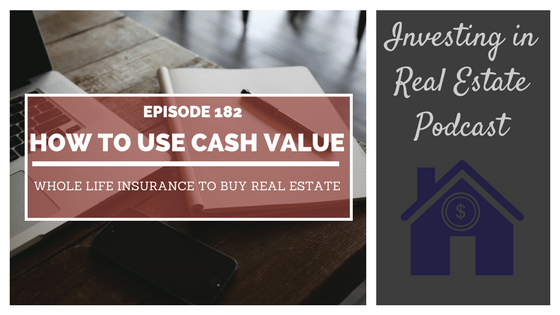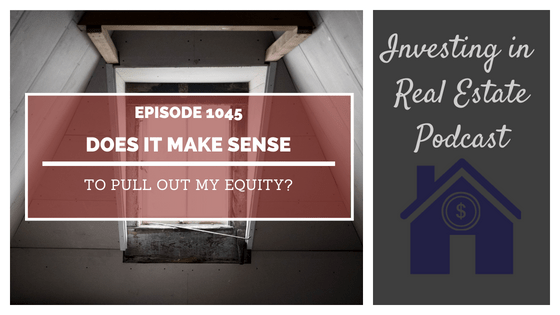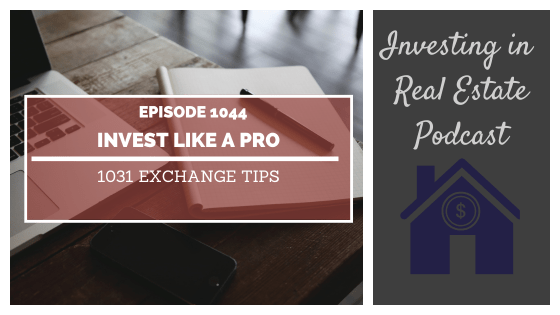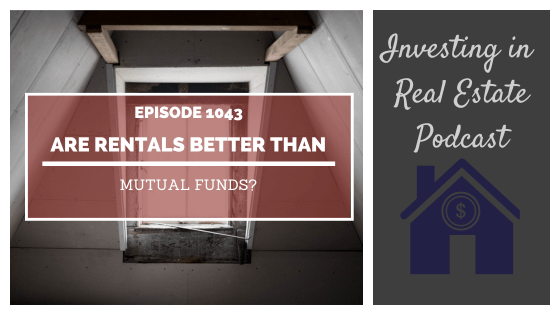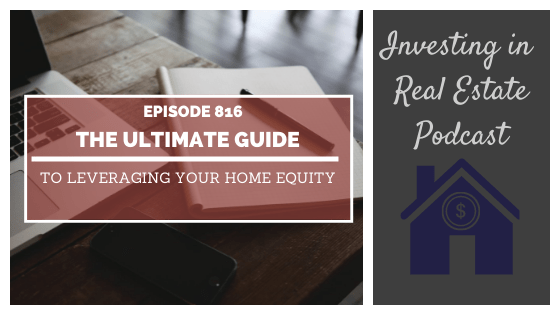
If you’ve ever wondered about using home equity to invest in real estate, this episode of Investing in Real Estate is for you. I’m sharing what equity is, how to build it, and how you can use your equity to grow your real estate portfolio.
The simple fact is, if you own a home and you haven’t considered leveraging your equity, you’re overlooking an incredible tool for building wealth. I know this is a topic that many of you have questions about, and that’s why I wanted to create this episode as a guide for you to gain a better understanding of what equity is, how to create it, how to access it, and more.
On this episode you’ll learn:
- How to build equity.
- The benefits of having equity in a property.
- Options for accessing your equity.
- And much more!
How to Build Equity
- Make a larger down payment when you purchase.
- Make extra monthly payments.
- Increase the value of the property with upgrades.
- Buy & hold investing.
The Benefits of Having Equity in a Property
- Eligibility for low interest rates.
- Opportunity to add property value.
- Provides funds for additional investments.
- Tax advantages.
Options for Accessing Your Equity
- Home Equity Loan
A home equity loan gives you access to one lump sum of money based on the amount of equity in your home–usually up to 80% of your equity. This is a fairly traditional loan. The bank looks at the value of the home and writes you a check. The loan terms are completely separate from the first mortgage, they typically have a fixed interest rate, and the loan is paid back in monthly installments. This is a good option for anyone who wants a traditional, standard loan. - Home Equity Line of Credit
A home equity line of credit, or HELOC, works a little differently. A HELOC is a revolving line of credit, meaning it works similarly to a credit card. It has a low introductory rate, and uses simple interest. The terms are similar to a home equity loan when it comes to the amount the lender makes available, which might be 80% of the equity. Additionally, there is what’s called a “draw period” where you access the funds when needed. During this period, typically, just payments on interest are made. Once the determined draw period is over, normally 5 to 10 years, it goes into full repayment with monthly payments made on the principal and interest. The HELOC is a great option for an investor who wants to rinse and repeat. - Cash-Out Refinance
A cash-out refi is when an existing property loan is refinanced for more than the amount owed on the current mortgage. The equity in the property is what provides the extra money that is above and beyond what is owed. The original loan is then paid off, and the difference between the original loan amount and the new loan is what the investor keeps. A cash-out refinance is typically more attractive than obtaining a new loan. This is because traditional loans are harder to qualify for, and there are more rules and regulations that make the process difficult. Lenders prefer cash-out refinances because the property has value built up. Plus, the bank knows the tenant will basically be paying the mortgage, so it’s a less risky deal.
Episode Resources
Book a Call with Our Team
TommyJohn.com/investing ← Get $20 off your order of $100+
How to Pay Off Your Mortgage in 5 Years
Equity Blog Post
morrisinvest.com/bootcamp ← Download your FREE 90-Day Bootcamp!
Subscribe to Investing in Real Estate on iTunes
Find Your Financial Freedom Number
Subscribe to the Morris Invest YouTube channel
Like Morris Invest on Facebook
DISCLAIMER: I am not a financial adviser. I only express my opinion based on my experience. Your experience may be different. These videos are for educational and inspirational purposes only. Investing of any kind involves risk. While it is possible to minimize risk, your investments are solely your responsibility. It is imperative that you conduct your own research. There is no guarantee of gains or losses on investments.
AFFILIATE DISCLOSURE: Some of the links on this channel are affiliate links, meaning, at NO additional cost to you, I may earn a commission if you click through and make a purchase and/or subscribe. However, this does not impact my opinion. We recommend them because they are helpful and useful, not because of the small commissions we make if you decide to use their services. Please do not spend any money on these products unless you feel you need them or that they will help you achieve your goals.
Ready To Build Passive Income Through Rental Real Estate?
Ready to talk about your goals? We're here to show you the tools and teach you the process to begin earning legacy wealth for you and your family.
